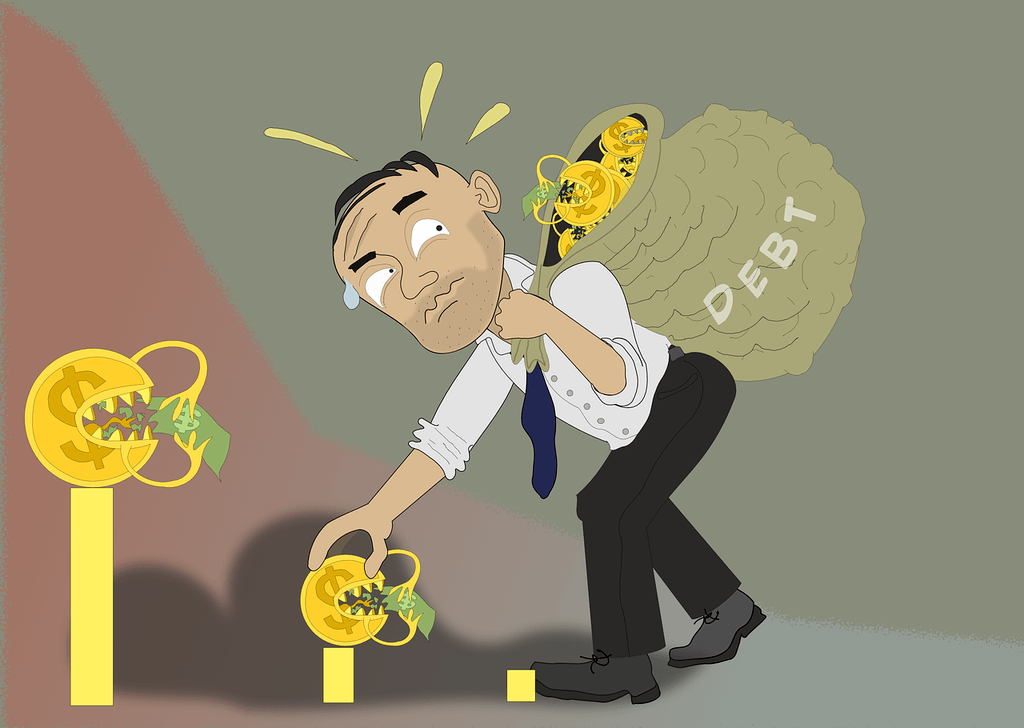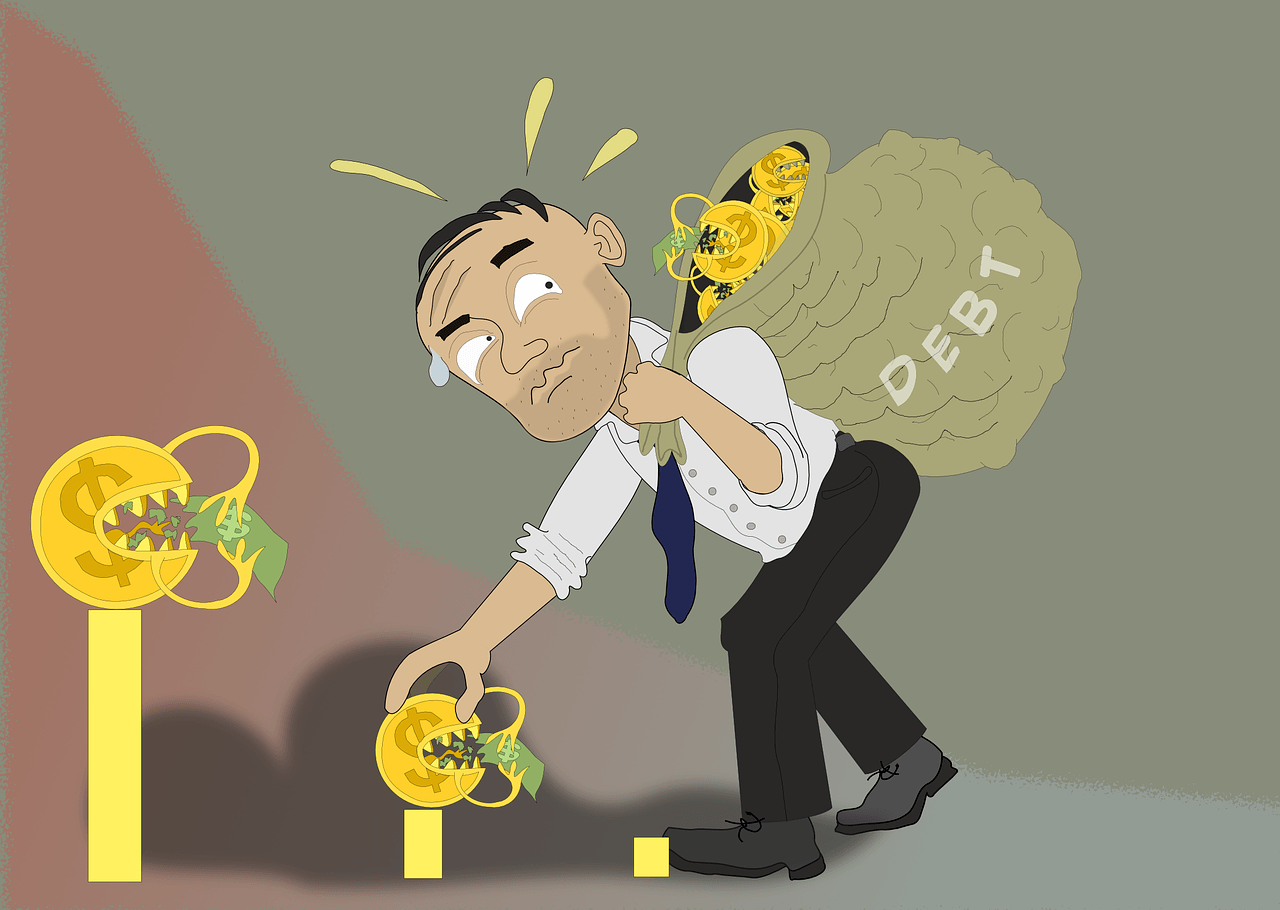College is expensive! Sixty percent of those who graduate from college with a bachelor's degree also graduate with around $26,000 worth of student loans. For those who go on to pursue a postgraduate degree, the debt can be significantly higher.
Luckily, there are some ways to reduce, and in some cases eliminate, this debt.
Loan Forgiveness Programs
There are several programs you may want to consider that can eliminate part or all of those loans:
- Volunteer for community service. If you apply to the AmeriCorps program, you can help people in your community while also reducing your debt. The program will repay part of your loans based on your service.
- The Peace Corps and Volunteers in Service to America also offer loan forgiveness programs.
- Military service can help you pay for school. If you enlist in the military before you start college, you can get help paying for your schooling.
- There are some loan forgiveness programs available if you enlist after you’ve graduated.
- Speak to a military recruiter about a plan that could work for you.
- The profession you choose may help you pay down your debt. If you pursue a career in teaching or the healthcare field, speak to your employer or Human 1Resources Department about programs to reduce or pay off your debt from student loans.
Financial Hardship Programs
If you don’t have a job, earn very little, or your loans are a large percentage of your earnings, one of these plans may be able to help:
- Income Contingent Repayment Plan (ICRP). This program applies specifically to Federal Direct loans that aren’t PLUS loans.
- ICRP bases the amount of your monthly loan payments on how much money you earn. The payments can be as little as a few dollars per month. Even better, once you’ve made these small payments for twenty-five years, any debt remaining on the loan is forgiven.
- Income Sensitive Repayment Plan (ISRP) for your FFEL loan. The amount of the loan, your income, and size of your family all determine how much you will need to pay each month.
- The payments you make have to be at least enough to cover any interest that accrues, and the loan must be paid off within 10 years.
- Income Based Repayment Plan (IBRP). This plan is available on both FFELs and Federal Direct loans. IBRP offers flexible payment options for twenty-five years. After this time, the rest of the loan is forgiven.
- In order to qualify for this plan, you can’t be in default on your loan payments.
- Hardship Repayment Plan on Perkins Loans. This plan has a minimum payment of $40/month. There are also extensions under certain circumstances, such as if you’ve been without work for a while or if you have a long illness.
More Programs - No Financial Hardship
These options can also help you, even if you’re not having hard times financially:
- Loan consolidation. Combine several high-interest loans into just one, lower-interest loan. This option allows you to get a lower interest rate and cut down on multiple payments.
- Defer your student loans. If you're experiencing economic hardship, a period of unemployment, or if you’re going back to school, you may be allowed to defer your student loan payments until a later time.
- Get a loan forbearance to give yourself more time to pay off the loan. A forbearance is a temporary reduction in payments.
- A lender may grant you a forbearance if you’re unable to pay off your loan after a certain number of years. They may also grant a forbearance if your payments on your student loan are greater than 20% of the money you earn each month or if you run into a number of other unforeseen problems.
These tips and payment plans can help you manage and pay off your student loans. Consulting with a financial expert can bring to light additional ideas that can help, too.












